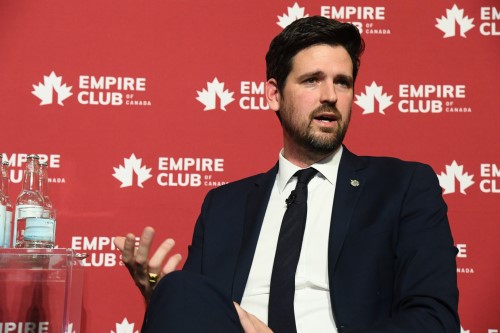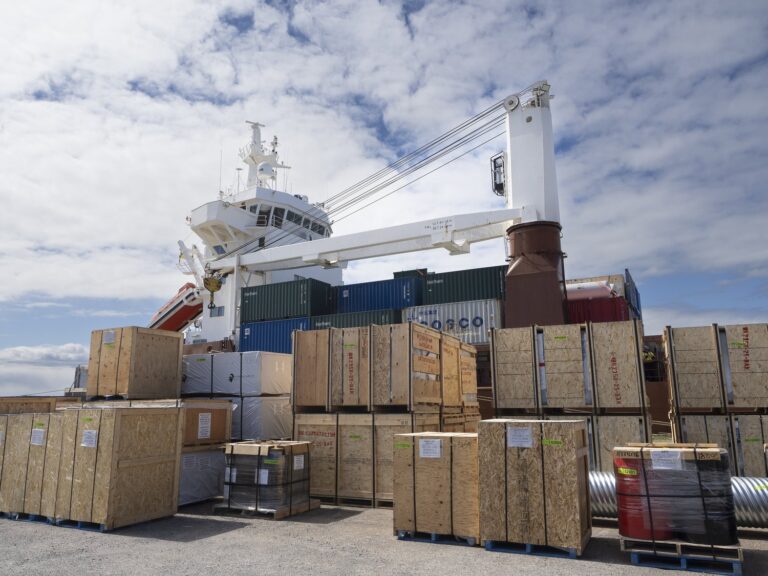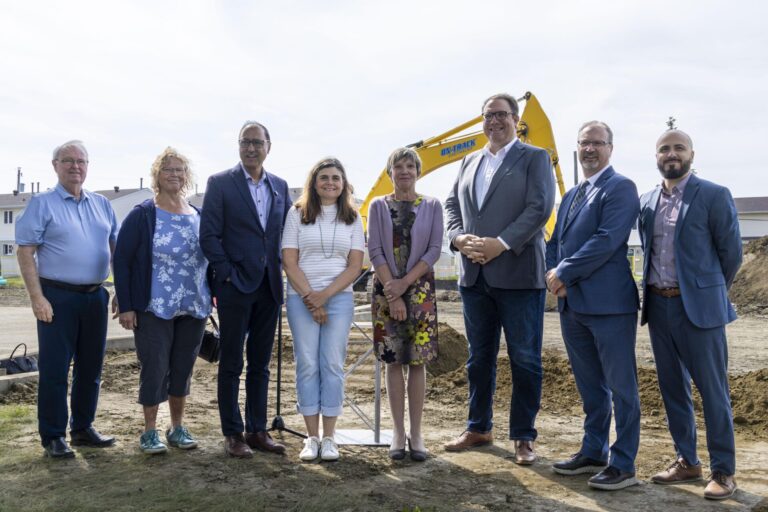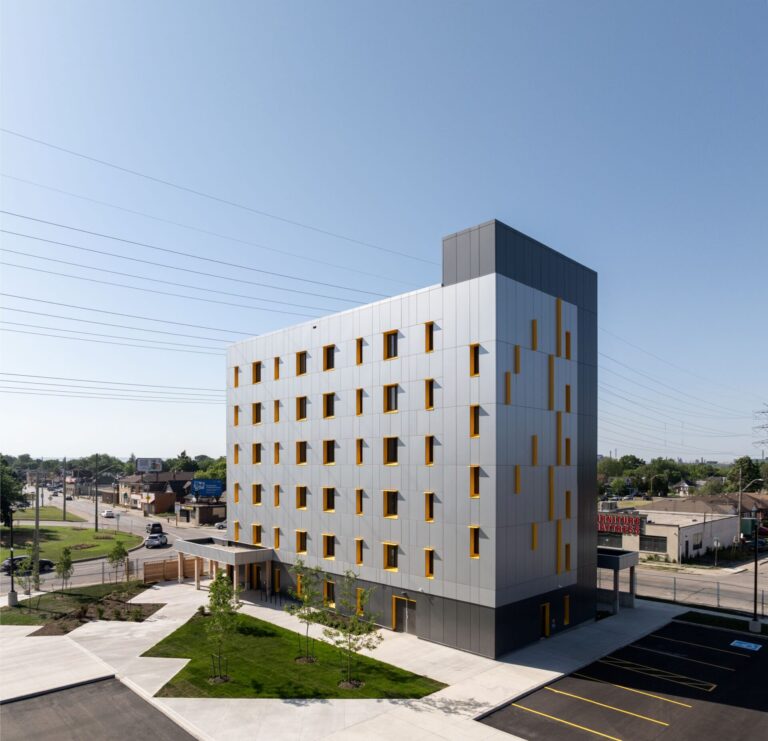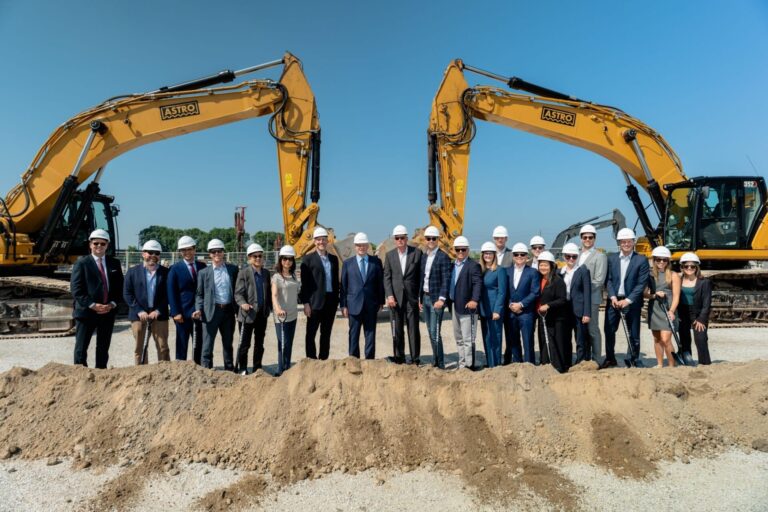By Andy Manahan, Senior Fellow, Global Public Affairs
Speaking to a full house at the Empire Club of Canada in Toronto, Sean Fraser, Federal Minister of Housing, Infrastructure and Communities, said that there are many challenges in solving Canada’s housing crisis. While not necessarily at the top of the list, Fraser cited that 30 years of inertia by governments has resulted in a lack of investment since at least the early 1990s.
The Minister stressed that this is truly a crisis because the challenges are happening across the country and are impacting many groups, from young professionals who can’t get into the housing market to students who must face long commutes to find adequate housing to society’s most vulnerable. All people he noted that “we cannot leave behind.”
Fraser described himself as a “relentless optimist”, suggesting that if Canada could solve the housing challenges in the post-war era through the creation of crown corporations (what later became CMHC), we can do it again and deliver more housing supply.
He was clear that there is no silver bullet but there are many initiatives that are being taken to meet the array of challenges:
Restrictive zoning: municipal decisions to restrict housing supply are being overcome through upzoning efforts through the Housing Accelerator Fund. This $4 billion program will help to fund projects that expedites the approval of housing units. For example, Fraser wants to see higher densities around transit stations and more four-plexes as of right. Successful applications to the fund will “be more ambitious.”
Financial: rising costs have hampered our ability to deliver housing. These costs include land, materials, labour and interest. Fraser pointed out that the costs of not addressing our housing challenges are greater than leaving them alone. For instance, health care costs will rise if people are not housed properly. Incentives must be provided to stimulate more housing.
Workforce capacity: the federal government will continue to support training programs to build our skills capacity. As a former immigration minister, Fraser understands the importance of Canada continuing to be welcoming to newcomers but stressed that immigration programs need to be more targeted. He added that immigration is an “essential part of Canada’s economy” where we seek “talented” people.
Minister Fraser will be the Keynote Speaker at ReNew Canada’s Top100 Dinner at The Carlu in Toronto, on Feb. 27
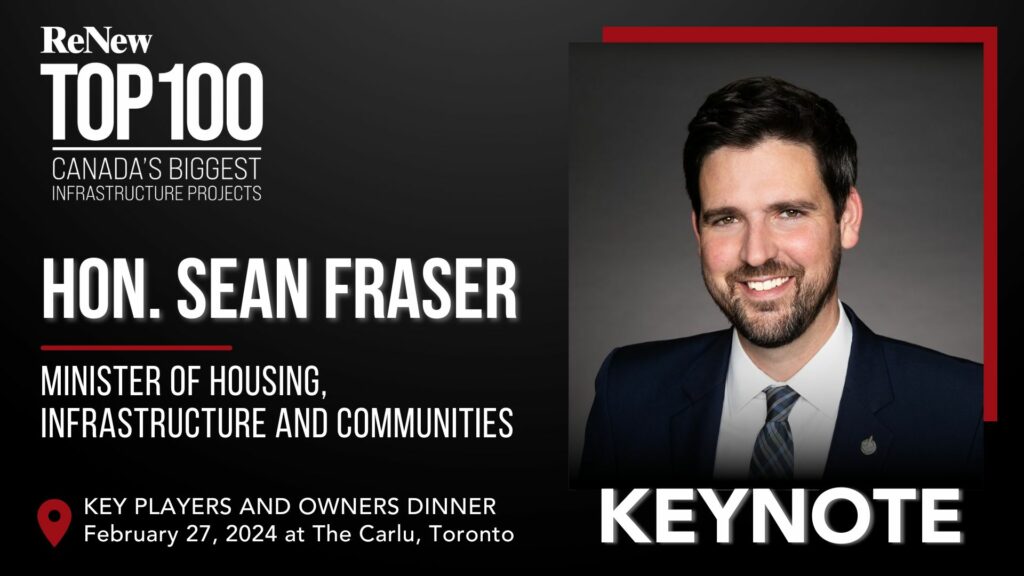
A major solution to scale up production of new housing according to Fraser would be to build more homes in factories. Pre-approved designs would have several benefits:
- reduce the time required to build housing
- address the skilled labour shortage in construction, recognizing that those working in factories would have different skill sets (he mentioned that software designers would also be required)
- facilitate the entrance of new builders (e.g., for four-plexes)
- lower costs once there is “consistent demand.”
The Minister said that the catalogue approach that was used post-War for Victory Homes or ‘strawberry box’ homes can be enhanced by ensuring that the new developments are higher density than the single family detached subdivisions built in the 1940s and 1950s. Fraser added that resiliency standards must be incorporated in the new designs to address extreme weather events caused by climate change. Prefabricated or modular housing must have “labour-effective designs” so that production can be scaled up to meet Canada’s growing population.
Minister Fraser is in implementation mode and wants to work in cooperation with all orders of government and industry to solve the housing crisis. During a post-speech dialogue with the Club’s moderator, Mike Van Soelen asked how the Minister might be judged in a report card in a year’s time. Recognizing that there are many factors outside of government’s control at least in the short term (such as interest rates), he would be most proud if there was no housing crisis in 20 years.
Featured image: (Empire Club of Canada)

